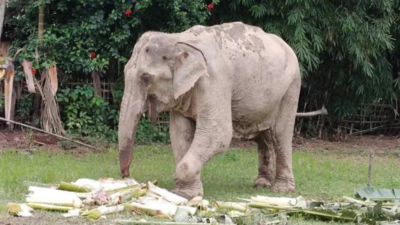LinkedIn CEO on AI killing jobs: There’s going to be a ton of disruption, but AI will also …

With the ongoing wave of layoffs, fear of AI-driven job losses ripple through the professionals around the globe, however, LinkedIn CEO Ryan Roslansky is suggesting a more balanced perspective. He emphasises that AI will undoubtedly bring ‘a ton of disruption’ , but it will also reshape the nature of work and will create more opportunities. In an interview with Bloomberg, Roslansky linked the present technological shift to Industrial Revolution. He stressed on the fact that despite initial problems, AI will ultimately create more industries and multiple new job opportunities.Roslansky emphasised that the rise of AI doesn’t mean the end of work—it means the evolution of work. “We’re seeing a shift in the skills employers are looking for,” he noted, pointing to LinkedIn data highlighting increase in demand for AI literacy, human-AI collaboration skills and prompt engineering. “There’s going to be, over time, more and more options to build careers without having to go work for a big company,” Roslansky suggested. He also said that the skills needed for the same jobs are also evolving. For instance in India, the job skills required for the same job have changed by 40% since 2015 and he expects this figure to rise to 70% by 2030.
Roslansky’s views align with those of LinkedIn co-founder Reid Hoffman
Roslansky’s views align with those of LinkedIn co-founder Reid Hoffman, who has also publicly stated that people are underestimating the impact of AI on jobs but rejects the notion of a “bloodbath.” Reid Hoffman, co-founder of LinkedIn, has direct advice for those who claim artificial intelligence (AI) isn’t useful and yet to find practical applications for the technology, suggesting that a lack of perceived utility stems from insufficient effort. He also shared examples of how he uses the tool effectively in his daily life.“Frankly, if you haven’t found something where it’s useful to you, about something you care about, then you’re not trying hard enough, you’re not being original enough,” Hoffman stated during an interview on The Economist podcast, broadcast this week (via Business Insider).Both LinkedIn executives emphasise on the fact that it is important for workers to shift their focus from static jobs and master their tasks by learning new skills.




